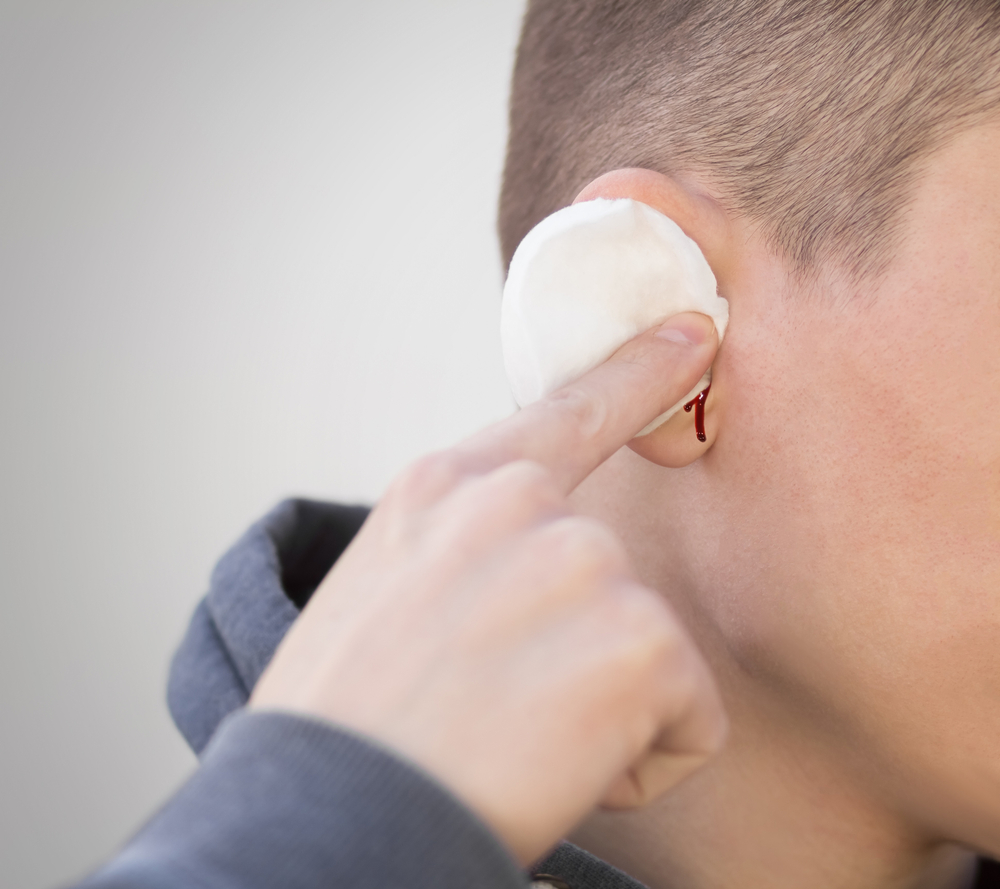With advancements in technology, devices like Apple’s AirPods are now offering hearing assistance features that make them more than just wireless earbuds. While these features can provide valuable support, it’s essential to understand that AirPods are not a substitute for FDA-approved hearing aids.
Here’s what to know about using AirPods for hearing assistance, how they compare to traditional hearing aids, and when it’s essential to consult a hearing specialist for a more personalized approach.
Key differences between AirPods and FDA-approved hearing aids
While AirPods Pro and AirPods Max now include features designed to amplify sounds, they differ significantly from medical-grade hearing aids. The latest models feature Live Listen, a tool that uses the AirPods’ microphones to pick up nearby sounds and transmit them into the ears, as well as Conversation Boost, which amplifies voices to make conversations clearer in noisy settings. Although these features can help those with mild hearing difficulties, they’re not intended for those with moderate to severe hearing loss, as traditional hearing aids are.
Hearing aids, on the other hand, are FDA-regulated medical devices specifically designed to address different levels of hearing loss. They include advanced features like customizable sound profiles, background noise reduction, and sophisticated amplification technology tailored to individual needs. Hearing aids are also fitted by a hearing specialist, who adjusts the devices to provide the best support based on hearing test results, personal lifestyle, and specific challenges.
When AirPods can be helpful
For individuals with mild hearing difficulties, AirPods may offer temporary assistance in certain situations, especially in environments where additional sound amplification can improve communication. Here are a few scenarios where AirPods’ hearing assistance features may be beneficial:
- Conversations in noisy environments: The Conversation Boost feature can help amplify voices, making it easier to hear in a bustling setting like a restaurant or social gathering. This is particularly useful for people who struggle with clarity in these environments.
- Listening to media at comfortable levels: If you need a bit of extra volume when listening to music, podcasts, or TV shows, AirPods can offer this, though it’s worth being mindful of prolonged exposure to loud sounds, which can worsen hearing loss.
- Remote conversations or video calls: Using AirPods during calls or video chats can improve sound quality, making it easier to hear on digital platforms. The built-in microphones can pick up sounds close to the device, ensuring clearer transmission on both ends.
Why you still need to see a hearing specialist
While AirPods provide convenient support in specific situations, they don’t replace professional diagnosis and treatment for hearing loss. A hearing specialist offers comprehensive testing to determine your level of hearing loss and can guide you in finding the most effective hearing aid for your needs. Hearing aids are highly customizable and offer features like directional microphones, wind noise reduction, and personalized sound settings that AirPods cannot replicate.
For those with moderate to severe hearing loss, hearing aids deliver a more comprehensive, tailored solution to manage everyday communication. They also offer long-term care and support, allowing adjustments over time as hearing changes.
Hearing protection and long-term health
Relying solely on AirPods for hearing assistance may also lead to hearing challenges over time if the underlying issue is unaddressed. Continuous amplification through earbuds without regulation could strain your hearing, especially if you rely on higher volume levels for clarity. With professional hearing aids, you benefit from settings that avoid over-amplification and protect your hearing health.
Final takeaway: convenience or comprehensive care?
While AirPods are helpful in certain environments and for mild difficulties, they’re best seen as a supplemental tool rather than a replacement for professional hearing aids. If you’re experiencing hearing challenges, consider scheduling a consultation with a hearing specialist for a personalized care plan that addresses your unique hearing needs. For long-term hearing health, professional guidance is the best way to ensure clarity, comfort, and confidence in all listening environments.
Find a hearing specialist near you to explore options best for you and your hearing loss.



